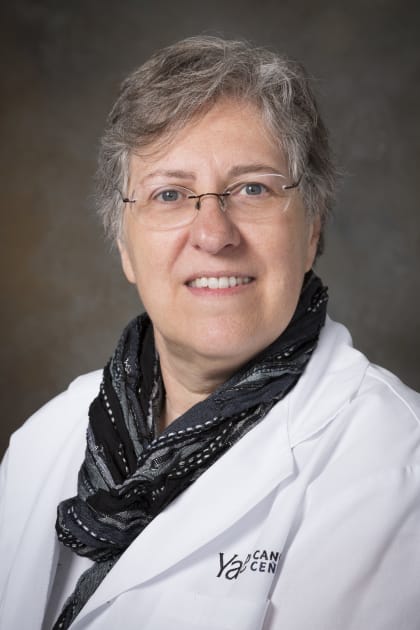- Joined
- Jul 6, 2006
- Messages
- 7,471
- Reaction score
- 2,424
I'm not sure exactly what @83462 is asking, but there's a huge difference between "teaching" and having a tenure-track professorship. Non-titled MDs at medical schools are employees of the hospital that are often recruited for help on clerkships. Then there are a slew of "Instructor" or "Adjunct" positions that have some ties to the medical school and sometimes give lectures. Finally there are the tenure track faculty that have significantly more teaching/research responsibility and a lot more upward mobility within the medical school system. All of them teach in some capacity, but only the tenure-track faculty are legitimately vying for higher and higher promotions and more influence within the med school. The non-tenure track faculty are often paid more, because they spend more time seeing patients, but the DOs teaching at a mid-tier MD school probably aren't in positions that will lead to being Chief of Medicine or getting absorbed into the upper levels of hospital leadership.
I'm gonna throw out that this is going to vary hugely based on the structure of a given medical school. I currently hold two academic appointments at two separate medical schools. Neither medical school compensates me for my time, but I'm not considered an adjunct faculty member, just a non-tenure track. I can still go for promotion on either a regular physician track or a modified physician track (i.e. promoted to 'Clinical Associate Professor' instead of 'Associate Professor') depending on my scholarly activity spread. But even those who do get some funding from the medical school for their time (such as the clerkship director, various deans, etc) are still in the non-tenure track and can still work on becoming more influential in the medical school/health system. The former interim chair of our department is now one of the Vice Presidents of the Health System. Another one of our faculty serves as a Dean of the SOM.
@83462 , FWIW, we have several DOs in our division and one of them is one of the most prolific researchers in our division and managed to get promoted to Associate Professor in 5 years. The main GME person at our hospital (overseeing something absurd like 100 training programs) is also a DO. The MDs far outnumber the DOs in leadership, but if it's something you're interested in, you can make it happen.

